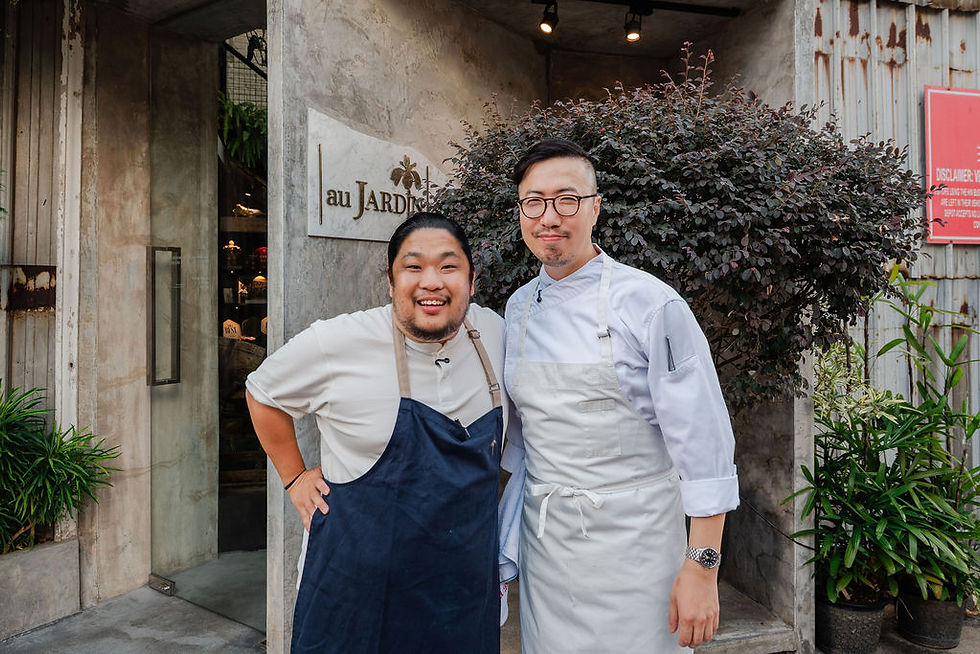Solbam's Sustainability Acts: Recycled Dishes, eco-friendly Tissue
- solbam
- 2023년 6월 28일
- 2분 분량
Introducing Solbam's commitment to sustainability. In the pursuit of making each day better than the last, the team members at Solbam are consistently striving to find the most optimal and improved approaches.

Solbam has replaced the coin tissues provided to guests with eco-friendly coin tissues made from biodegradable fabric.
Additionally, the dish that accompanies the wet towel is also made from recycled oyster shells. Oyster shell waste poses a significant challenge for communities in oyster farming areas. While it may seem natural to dispose of them in the sea, most of these shells come from aquaculture caves where plastic ropes and nets are used during the farming process. If these shells are discarded, they contribute to the formation of microplastics in the ocean. Incineration, on the other hand, leads to atmospheric pollution and is not a viable solution to this problem.

Huge amount of discarded Oyster shells
In the case of Geoje Island, Gyeongsangnam-do, approximately 380,000 tons of oyster shell waste accumulates each year, equivalent to the amount that would require 1,054 1-ton trucks to be moved daily for a year. Unfortunately, only 19% of the oyster shells are currently recycled.

Dishes made with recycled Oyster shells
Oyster shells are a valuable resource, with over 90% of their composition being calcium carbonate. However, most of them are discarded as waste due to improper recycling practices. Recently, eco-friendly startups have begun recycling oyster shells and utilizing them in the production of ceramic materials, such as tableware and utensils. Solbam, for instance, actively employs these recycled objects to contribute to the efficient use of resources.

Objects made from upcycled eggshells and oyster shells ⓒ WKND

Made from discarded duck eggs from factories ⓒ WKND
Currently, we are collaborating with designers who specialize in eco-friendly materials for restaurant and small objects. We are working closely with WKND Lab, a producer of various objects made from recycled food waste, including the Oygg series made from eggshells and shell shells, and the Tempera series made from discarded duck eggs. For instance, the eggshells remaining at Solbam would otherwise be disposed of as waste, but we plan to utilize them to create Solbam's spoon stands and other objects. We encourage you to keep an eye on WKND Lab and our new collaborative project. We aim to showcase how ingredients can fulfill their role as food, and even leftovers can find new purpose in our daily lives.



댓글